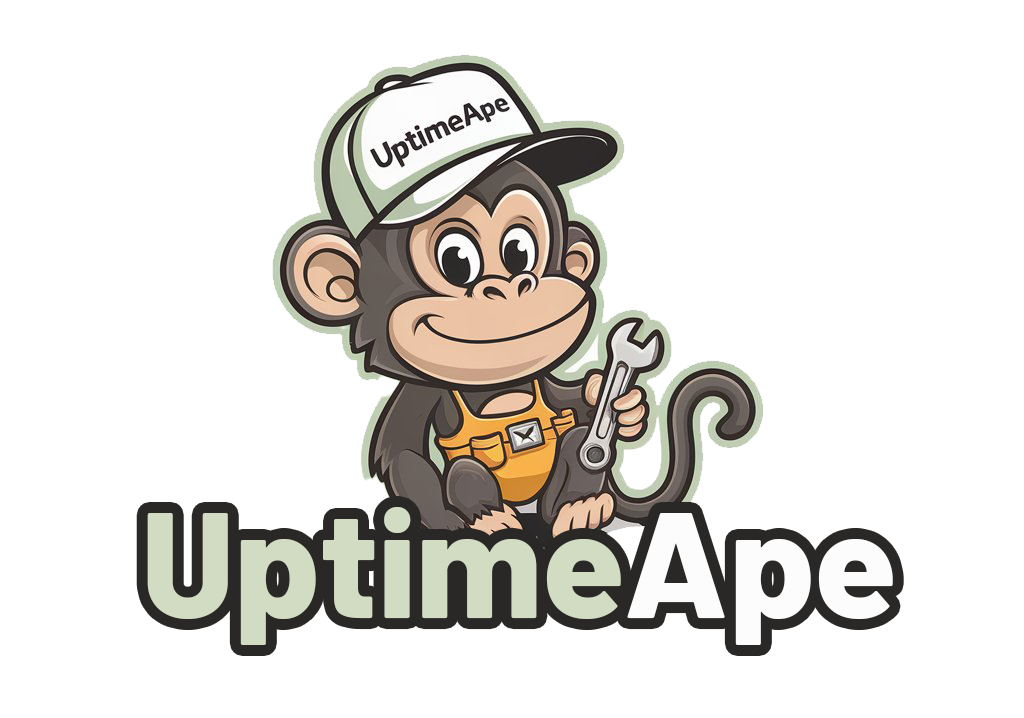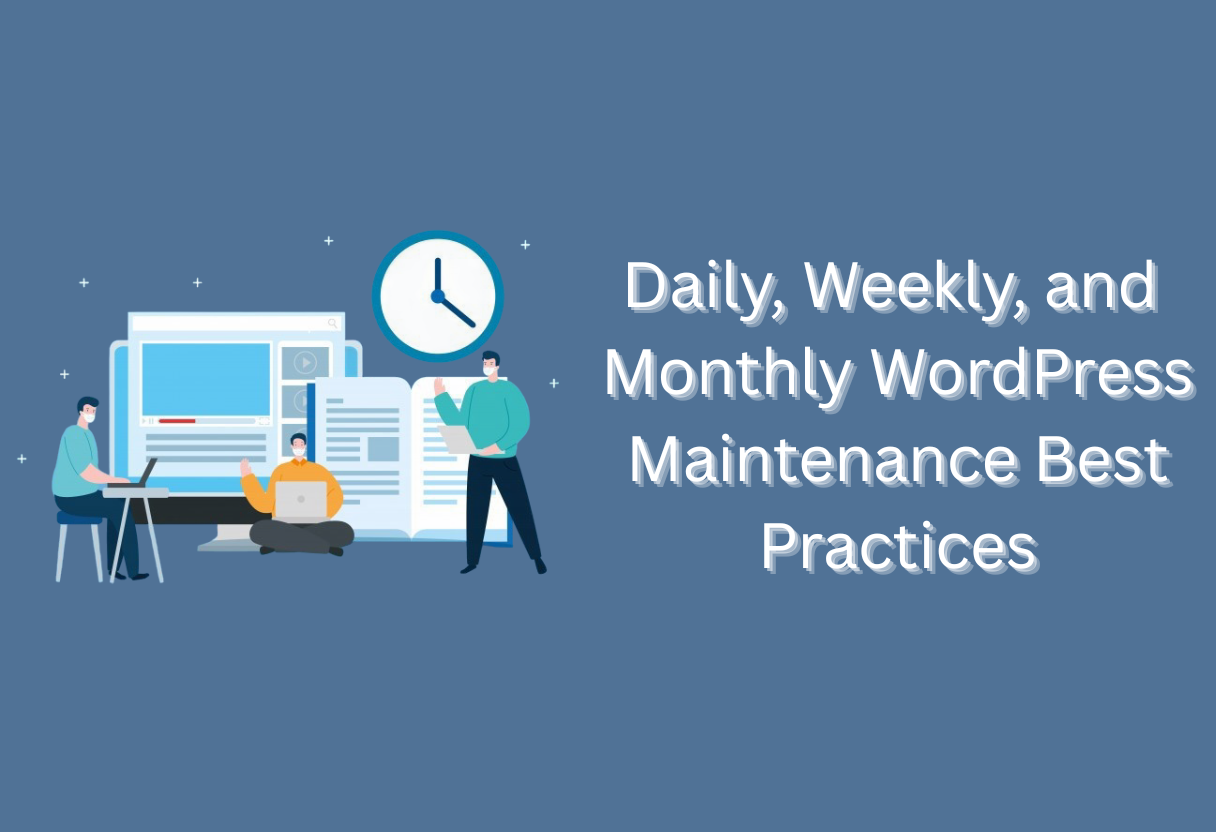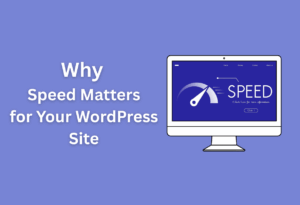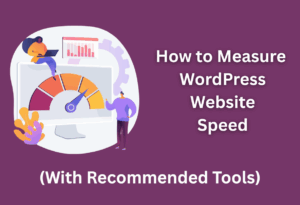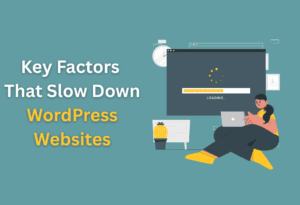Most website owners understand that keeping their WordPress site in top shape is vital for performance and security. By implementing daily, weekly, and monthly maintenance best practices, you can ensure your site runs smoothly and effectively.
This guide will walk you through the vital tasks you should perform regularly, helping you keep your content fresh, enhance user experience, and safeguard against potential threats. By the end, you will have a solid framework to maintain your WordPress site efficiently and effectively.
Understanding WordPress Maintenance
Before exploring into the specifics of WordPress maintenance, it’s imperative to grasp why these practices are vital for your website’s longevity and performance.
The Importance of Regular Maintenance
At the core of a healthy website is regular maintenance, which ensures your WordPress site remains secure, fast, and functional. By keeping your themes, plugins, and core files updated, you protect your site from vulnerabilities and optimize its overall performance.
Common Issues Caused by Neglect
Around the WordPress community, neglected maintenance can lead to a myriad of issues, such as slow load times, security breaches, and compatibility problems. When you overlook routine checks, your site may face diminished performance and increased risk of downtime.
Also, failing to maintain your website can result in outdated plugins or themes that conflict with each other, creating a chaotic user experience. Additionally, without regular backups, you risk losing valuable content and data in case of unforeseen events like hacking or server failures.
Overview of Maintenance Tasks
Regular maintenance tasks encompass a range of activities, including updating WordPress core, plugins, and themes, as well as optimizing your database and performing backups. These proactive measures help ensure your site operates smoothly.
It’s vital to develop a routine for these tasks, as consistency is key in preventing larger issues down the road. Whether you choose to handle maintenance yourself or hire a professional, a structured plan will keep your site performing at its best and safeguard your hard work.
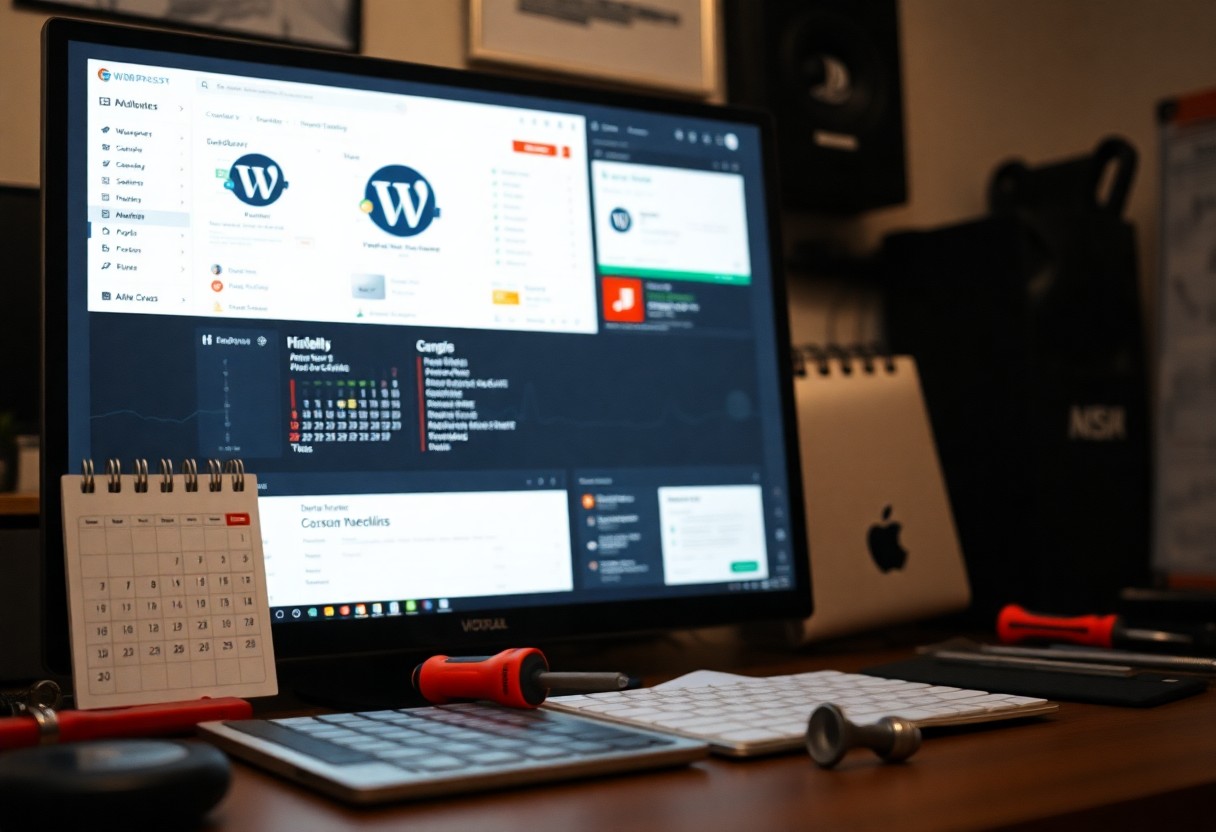
Daily Maintenance Tasks
Clearly, daily maintenance tasks are important for ensuring your WordPress site operates smoothly and securely. Integrating these practices into your routine will help prevent potential issues and provide a more enjoyable experience for your visitors.
Checking for Software Updates
Maintenance of your WordPress site includes regularly checking for software updates. Keeping your core WordPress version, themes, and plugins up to date ensures that you benefit from the latest features, security enhancements, and bug fixes.
Monitoring Website Security
Among the most important daily tasks is monitoring your website’s security. This involves scanning your site for any suspicious activity or vulnerabilities that could compromise its safety or integrity.
Considering the increasing number of cyber threats, actively monitoring your website’s security is important. You should implement security plugins that can alert you to unusual activities, malware, or intrusion attempts. Additionally, running regular security scans will help identify and fix vulnerabilities, keeping your site safe from potential breaches.
Backing Up Data
To safeguard your WordPress site, you should perform daily backups. Having a recent backup ensures that you can restore your website quickly in the event of data loss or corruption.
Due to the unpredictable nature of web hosting and potential issues like hacking or server failures, daily backups are an excellent preventive measure. You may choose to use reliable backup plugins that automate this process, allowing you to store copies on remote servers or cloud services for easy retrieval when needed.
Reviewing Site Analytics
For optimal performance, reviewing your site analytics daily is beneficial. Analyzing visitor behavior, traffic sources, and engagement levels helps you make informed decisions about your content and marketing strategies.
Monitoring your website analytics can reveal trends in user interaction, highlight popular content, and identify areas for improvement. By understanding your audience’s behavior, you can tailor your content better, enhance user experience, and ultimately boost conversions on your site.
Weekly Maintenance Tasks
Many website owners often overlook the importance of conducting weekly maintenance tasks for their WordPress sites. These practices help ensure that your site runs smoothly, remains secure, and provides an optimal user experience. Here are the key tasks to focus on each week.
Updating Themes and Plugins
Between new features, enhancements, and security patches, keeping your themes and plugins updated is important. Regular updates not only improve your site’s performance but also protect it from vulnerabilities that can be exploited by hackers.
Cleaning Up the Database
The process of cleaning up your database can significantly enhance your website’s performance. A cluttered database can slow down your site, making it less efficient and frustrating for users.
In fact, by removing unnecessary data such as post revisions, spam comments, and transient options, you can streamline your database, leading to faster load times and improved responsiveness. Consider using a specialized plugin to automate this process and ensure that your database remains tidy over time.
Checking for Broken Links
Weekly, it’s wise to check for broken links on your site, as they can negatively impact user experience and SEO rankings. Fixing these links helps maintain the integrity of your content and keeps visitors engaged.
For instance, utilizing an online tool or plugin to identify broken links can save you time and prevent users from encountering dead ends. Regularly resolving these issues can enhance your site’s credibility and encourage visitors to explore more of your content.
Reviewing User Accounts and Permissions
With multiple users accessing your WordPress site, it’s important to regularly review user accounts and permissions. This practice helps ensure that only authorized individuals have access to sensitive areas of your website.
But neglecting to manage user roles can lead to potential security risks. Regularly assess user accounts to remove inactive users and adjust permissions as needed, ensuring your site remains secure while allowing trusted contributors to perform their roles effectively.
Monthly Maintenance Tasks
After establishing a routine for daily and weekly maintenance, it’s time to focus on your monthly maintenance tasks. These tasks play an imperative role in keeping your WordPress website running smoothly and efficiently.
Conducting a Full Site Backup
Full site backups should be a top priority each month to protect your data. By backing up all files, databases, and content, you ensure that you can restore your site quickly in case of an unforeseen issue or disaster.
Testing Website Speed and Performance
Monthly testing of your website’s speed and performance is important to provide an optimal user experience. Assess metrics such as load times and responsiveness to identify areas for improvement.
In fact, slow websites can negatively impact user engagement and lead to higher bounce rates, hurting your search engine rankings. Utilizing tools like Google PageSpeed Insights or GTmetrix can help you gather insights and make necessary adjustments to enhance performance effectively.
Reviewing SEO and Content Strategy
Above all, regularly reviewing your SEO and content strategy can elevate your website’s visibility and relevance. This is the perfect time to analyze your keywords, content performance, and overall SEO approach.
Plus, by assessing your analytics data and staying updated on SEO trends, you can refine your strategy to better align with your audience’s needs and current industry practices. This proactive approach can help you maintain or improve your search engine rankings.
Running Malware Scans
Between updates and new content uploads, running malware scans monthly is smart to ensure your site remains secure. Utilizing security plugins can help identify and remove potential threats effectively.
Conducting these scans not only helps protect your site from cyber threats but also gives you peace of mind. Regular security checks can prevent potential breaches and keep your visitors’ information safe, reinforcing their trust in your site.
Tools and Resources for Maintenance
Once again, having the right tools and resources can greatly enhance your WordPress maintenance efforts. Utilizing efficient plugins, backups, security solutions, and performance optimization tools will save you time and ensure your site runs smoothly.
Recommended Maintenance Plugins
Along with knowing the tasks you need to perform, having the best maintenance plugins is necessary. Popular options include WP Engine’s website monitoring, UpdraftPlus for backups, and WP-Optimize for database cleanup. These plugins help automate many routine maintenance tasks, allowing you to concentrate on other aspects of your site.
Backup Solutions
With a solid backup solution in place, you can safeguard your website against unexpected issues. Using plugins like BackWPup or VaultPress can help you create regular backups, ensuring that you can quickly restore your site if necessary.
In fact, having multiple backup options increases your site’s reliability. You might consider keeping backups both on your server and offsite in the cloud. This approach not only secures your content but also allows you to revert easily if an update goes wrong or if your site experiences a security breach.
Security Tools
Security should always be a top priority for your website. Implementing security plugins like Wordfence or Sucuri can protect your site from malware and unauthorized access, offering necessary features like firewall protection and real-time scanning.
But investing in security tools goes beyond just plugins. Regularly changing your passwords, using two-factor authentication, and ensuring your WordPress core and themes are updated will also bolster your site’s defenses, making it more challenging for cybercriminals to exploit vulnerabilities.
Performance Optimization Tools
Tools that enhance performance can significantly improve user experience on your site. Solutions like WP Rocket and Autoptimize help with caching and minifying scripts, leading to faster loading times for your visitors.
Hence, optimizing your site’s performance is about more than just speed; it also affects your search engine rankings. By utilizing performance optimization tools, you can ensure that your site not only loads quickly but also maintains an engaging experience for your audience, which is critical to keeping them coming back.
Troubleshooting Common Issues
Your WordPress site may encounter various issues, but with the right approach, you can troubleshoot and resolve them efficiently. Understanding how to deal with common problems will help ensure your website runs smoothly and remains secure.
Handling a Website Crash
Before you panic, try to identify the cause of your website crash. Check for error messages and access your website files via FTP to look for any recent changes that may have triggered the issue. Restarting your hosting server can also be a temporary fix while you investigate further.
Fixing Plugin Conflicts
Conflicts between plugins can often lead to functionality issues on your website. To troubleshoot this, review your recently updated or added plugins and deactivate them one by one. This process will help isolate which plugin is causing the problem so you can either replace it or seek out an alternative solution.
Plus, consider keeping your plugins up to date and only using those that are actively maintained. Regularly reviewing your plugin list can minimize conflicts and help maintain compatibility with the latest WordPress version.
Resolving Security Breaches
On the chance that your site has been compromised, the first step is to secure your WordPress admin area by updating passwords and enabling two-factor authentication. Run a malware scan to identify any malicious code and remove it promptly to mitigate further risks.
It’s also advisable to check your site’s user accounts for unauthorized access. Strengthening your security measures can protect against future breaches, such as by using a reputable security plugin and maintaining regular site backups.
Restoring from Backups
Website issues can often be resolved by restoring from a recent backup. Ensure you have a reliable backup solution that automatically saves your site data, so you can revert to a previous version when needed quickly.
Consequently, if your recent changes have caused significant issues, restoring from backups can be a reliable way to return your site to a functional state. Regular backups not only save time but also provide peace of mind knowing your content is safeguarded.
Final Words
The foundation of a successful WordPress site lies in consistent maintenance practices. By diligently implementing daily, weekly, and monthly maintenance tasks, you ensure your site runs smoothly, remains secure, and continues to engage your audience effectively.
Establish a routine that includes updating plugins, themes, and backups, as well as monitoring performance and security. By prioritizing these best practices, you protect your investment and enhance your overall user experience, allowing you to focus on content creation and driving your business forward.
Q: What are the key components of daily WordPress maintenance?
A: Daily maintenance tasks for WordPress primarily involve monitoring the website’s performance and security. This includes checking for any unusual activity, ensuring that all plugins and themes are up to date, and reviewing backups.
Additionally, it is important to monitor website uptime and resolve any accessibility issues that may arise. Implementing daily checks on site speed can also help enhance user experience and SEO rankings.
Q: What tasks should be included in a weekly WordPress maintenance routine?
A: A weekly maintenance routine should involve a more thorough review of your WordPress site. This includes running updates for plugins, themes, and WordPress core files. Cleaning up your database by removing unnecessary post revisions and spam comments is also vital. Additionally, it’s important to monitor your site’s performance and security by using analytics tools and security plugins. For those looking to manage their website more effectively, exploring some diy wordpress maintenance tips can provide valuable insights. Regular backups should also be part of your routine to safeguard your data against unforeseen issues.
Additionally, it’s a good practice to review user activity and permissions, ensuring that only necessary users have access to sensitive areas of the site. Performing a full backup of your site each week is also advisable to prevent data loss.
Q: How can I effectively manage monthly maintenance for my WordPress site?
A: Monthly maintenance should focus on performing deeper evaluations of your site’s overall health. This includes conducting security audits to assess vulnerabilities and reviewing analytics data to analyze traffic patterns and user interaction.
It’s also the time to test your website on different devices and browsers to ensure compatibility. Lastly, consider having a routine check on your website’s SEO practices, making adjustments to improve rankings and visibility in search engine results.
